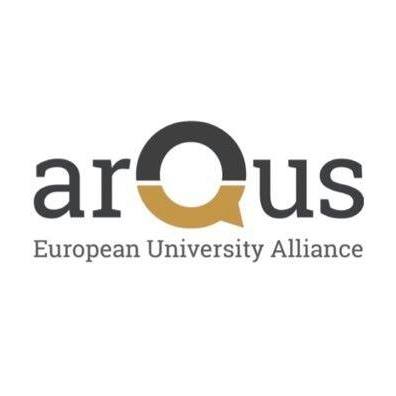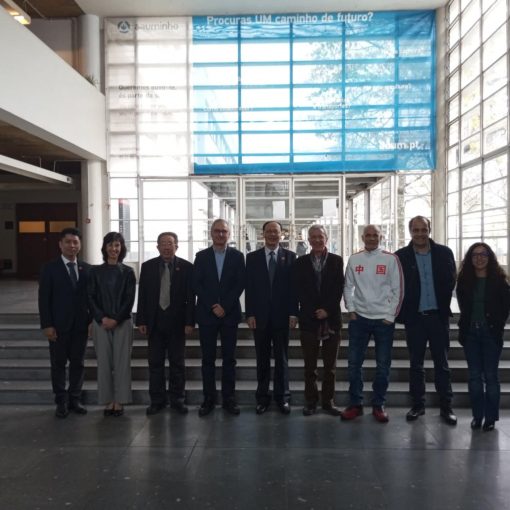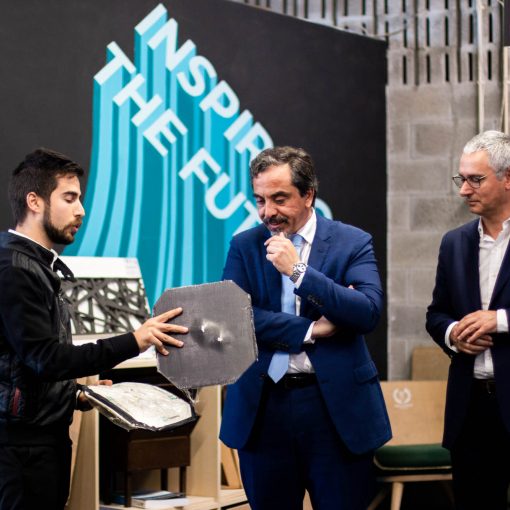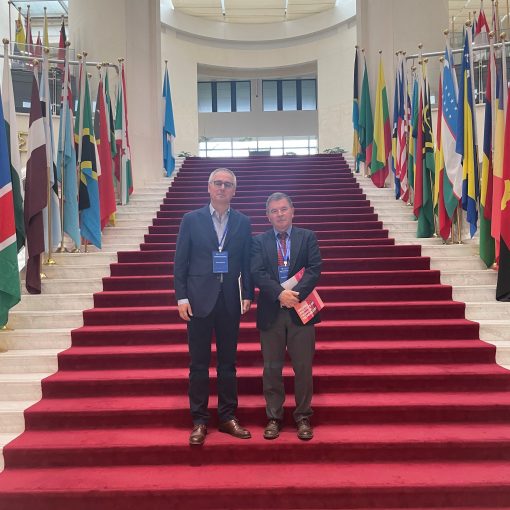Researchers from the Texas Advanced Computing Center (TACC), at the University of Texas, spent a week at INESC TEC to exchange knowledge and share experiences in the field of supercomputing, with significant contributions to the operationalisation of the new Portuguese supercomputer, Deucalion, installed at the Azurém Campus of the University of Minho (Guimarães).
This is another milestone in an already long relationship between the two institutions, boosted by the UT Austin Portugal Program — hosted by INESC TEC –, which made it possible, for instance, to welcome the BOB supercomputer to Portugal. This cooperation, covering the Minho Advanced Computing Center (MACC) — a national infrastructure integrated into the European EuroHPC network — advanced and promoted the ability to innovate, share and cooperate in advanced computing.
John Cazes, Deputy-Director of the TACC HPC team, and Nick Thorne, system administrator, arrived in Portugal with a significant disposition to help and to learn. “There are no correct answers; when it comes to systems administration, we are facing a period of change with much of the systems’ capacity coming from GPUs. This substantially benefits Artificial Intelligence, for example. We are also in a period of transition from cooling systems to CPU and GPUs — which also represents an impactful change”.
Something that does not raise any doubts is the undisputed role that supercomputing will play in innovation and scientific development, particularly in terms of machine learning developments. “Advanced computing has traditionally been used for simulations in physics and chemistry, experiments that cannot be done in the laboratories: only on supercomputers”, said John Cazes.
“The installation of Deucalion is a milestone only possible thanks to the work done by all Portuguese researchers in the area of Advanced Computing, for which the UT Austin Portugal Program has been decisive”, emphasised Rui Oliveira, professor and researcher at the School of Engineering and Director of the Minho Advanced Computing Center (MACC). The National Director of the UT Austin Program stated that the arrival of the BOB supercomputer “paved the way — at the national level — for the arrival of Deucalion, both in terms of support services, preparation of the scientific community and general appreciation of this scientific domain among society”.
“At this stage, when Deucalion starts its operation, all advice will be crucial, especially when coming from teams as experienced and familiar with our system as TACC”, concluded Rui Oliveira.
It’s worth mentioning that the North American and Portuguese teams have also developed joint research projects, e.g., BigHPC, funded by the UT Austin Portugal Program. This project aimed to create an integrated platform that will improve the management of high-performance computing centres in supporting Big Data and/or HPC applications.
The connection between the two hubs, on different sides of the Atlantic Ocean, allowed INESC TEC to engage and collaborate with TACC, fostering a relationship that led to different scientific outputs in different dimensions — with said results translating into projects, papers and talks.
The researcher mentioned in this news piece is associated with INESC TEC and UMinho.
SOURCE: BIP INESC TEC



